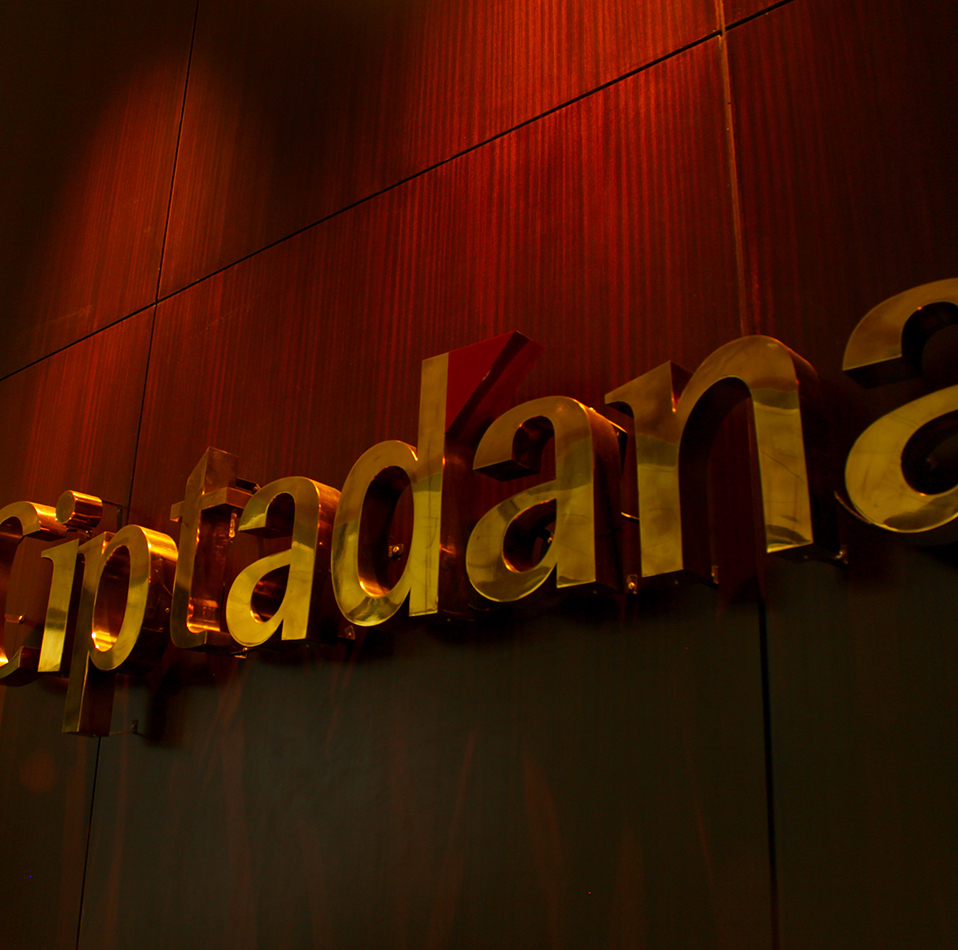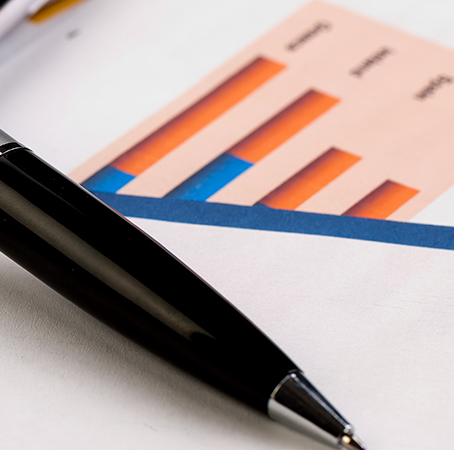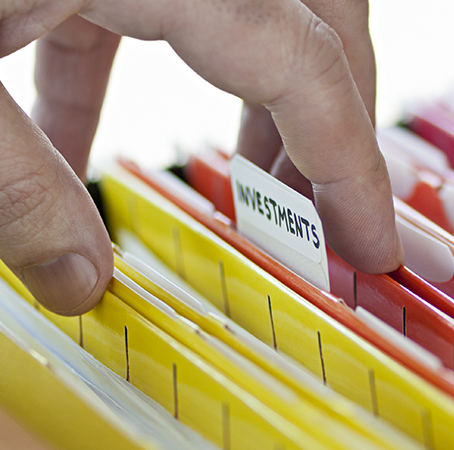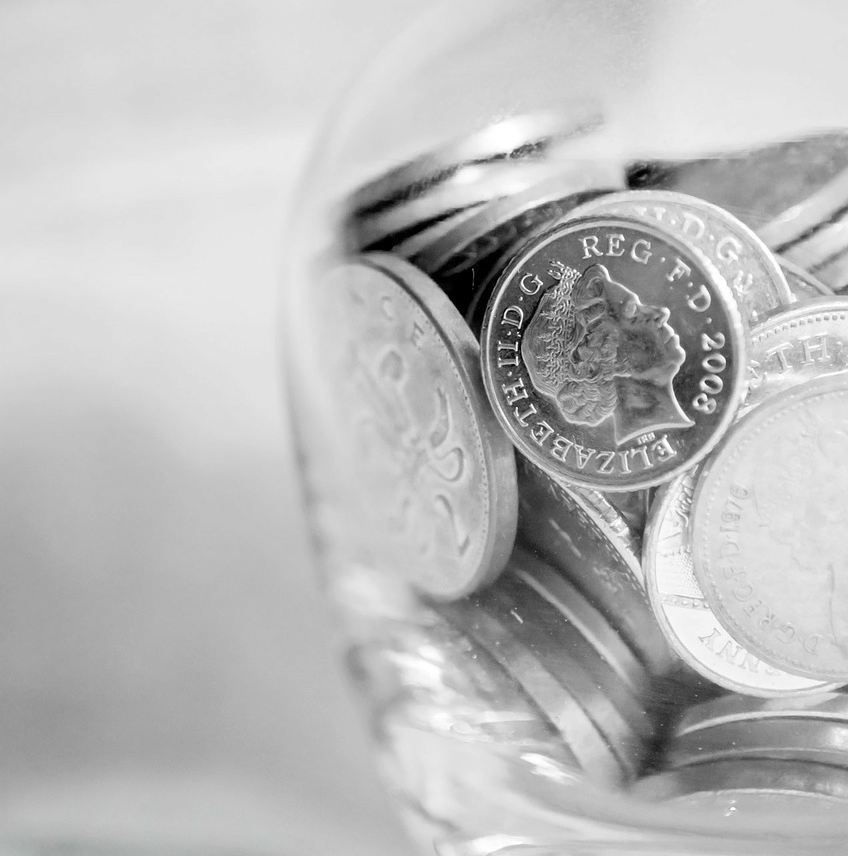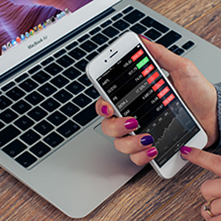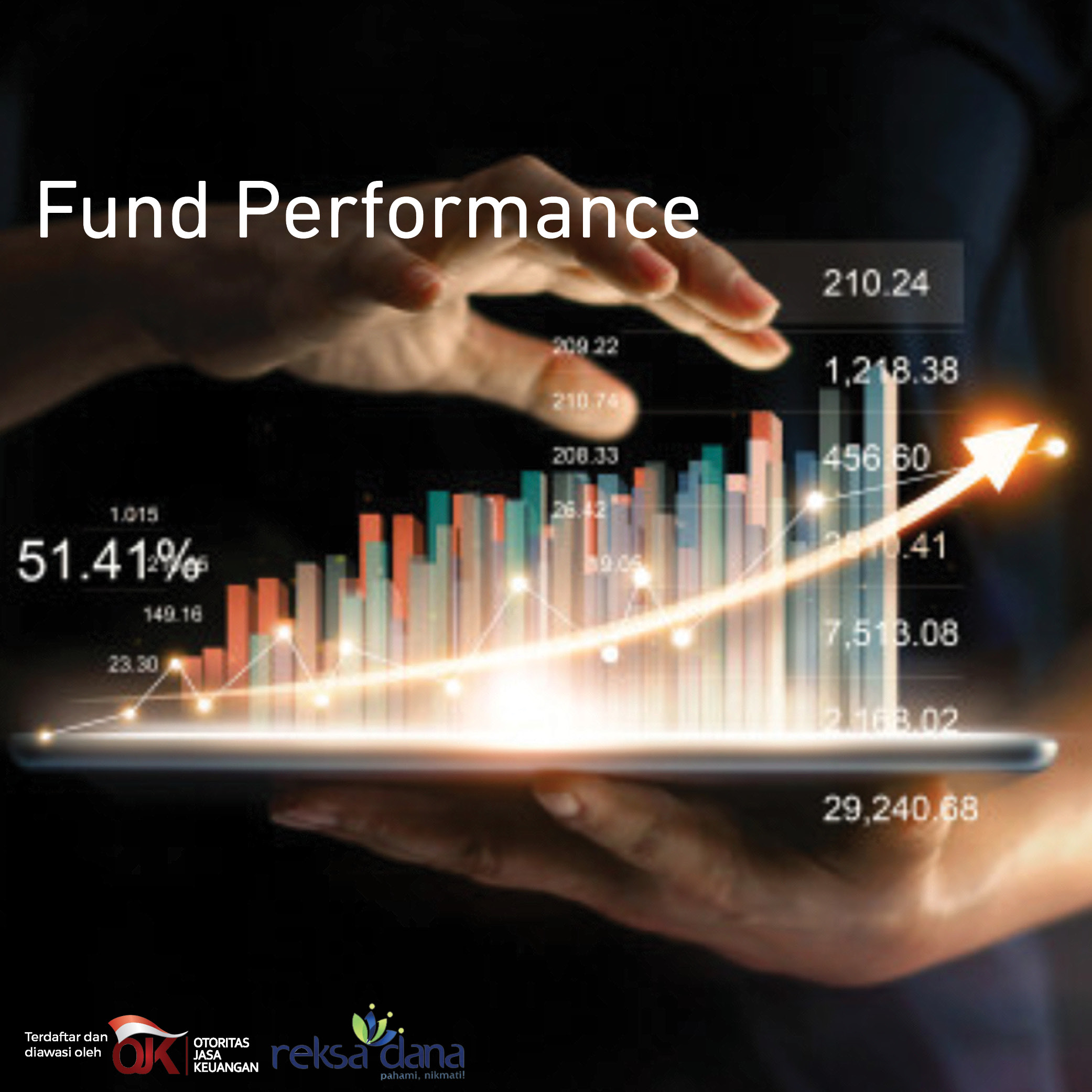Inflation to edge higher in April
We believe there will be a pickup in April inflation date that will be released on May 2. Previously, Bank Indonesia expected 2.74% YoY (0.35% MoM) inflation in April. Food price should be the main driver of April inflation as the harvest period effect diminished. According to hargapangan.id (BI’s food price monitor), several food price experience significant jump like garlic (41.4% MoM), shallot (21.1% MoM) and chili (15.0% MoM). We view food price increase may reach above 1% in April. The food inflation will remain high in May and June due to Ramadhan month and Lebaran festive. Another inflation pressure will also still come from transportation sector, especially air transport. However, it may only contribute 0.01% to inflation, lower than previous month which contribution reached 0.03%. We believe airline tickets fare will remain on uptrend until the Lebaran high season ended in June. Moreover, global oil price has breached USD 70/barrel level again, giving another pressure to avtur price and airline ticket fare going forward. All in all, we predict April price index to register inflation of 0.37% MoM, bringing annual inflation higher at 2.76% YoY.
Moderate GDP growth but downside risk is quite high next quarters
GDP data (will be released on May 6) will be the evidence of Indonesia’s macroeconomic performance in the period of trade war and global volatility. Government expects 1Q19 GDP growth to be around 5.05% YoY while Bank Indonesia believes 1Q19 growth approaching 5.2%. Ciptadana views 1Q19 growth will slightly decline from 4Q18 figures (5.18% YoY) but remain robust. Significant jump of social spending growth at 106.6% YoY to Rp 37 tn will give a boost to middle lower purchasing power. Moreover, spending from political parties due to election will give another significant boost. The result has been seen from retail sales growth that reached 9.1% YoY in Feb-19 and BI predicted retail sales growth may reach 8.0% YoY in Mar-19. Those factors may boost consumption growth to 5.15% YoY. Government consumption growth should also be higher at around 7.5% YoY due to election preparation. However, we see downside risk in investment growth. Cement consumption was stagnant at around -0.14% YoY, denoting slowing down building investment. Moreover, capital goods import growth was also trending down at -4.17% YoY in 1Q19, showing lower investment growth in equipment. We see investment will only grow 5.4% YoY in 1Q19. The next risk also came from external balance which we predict to have negative growth for both export and import that we predict to have negative growth of -2.0% YoY and -1.5% YoY, respectively. Based on our assessment, we believe 1Q19 growth will remain robust at 5.15%. However, there is downside risk for remaining 2019 growth as election boost has ended.
CAD may soften to 2.5% of GDP
Based on trade balance data and capital inflow data, we believe balance of payment (BoP) will retain its surplus in 1Q19. BPS recorded 1Q19 trade deficit was at USD -193.4 mn (vs -4.8 bn n 4Q18) which may imply a surplus on BI’s goods trade data[1]. We expect goods export growth at -8.9% YoY and import growth at -6.8% YoY, resulting on goods trade surplus at USD 1.2 bn (vs 4Q18 at USD -2.6 bn). Meanwhile, we expect service trade balance will have deficit of USD -1.6 bn, not much change from both 4Q18 and 1Q18 figures. Higher domestic airlines ticket may trigger Indonesian to choose foreign countries as holiday destination. It may give another burden to service trade balance, especially travel part, despite we believe lower import growth will ease the deficit in transportation segment. We expect 1Q19 CAD to wind down to USD 6.7 bn or 2.5% of GDP.
BoP to maintain the surplus but with lower magnitude
As for financial account part, positive sentiment from dovish Fed and less trade war tension has brought hot money back to Indonesia. According to Bloomberg, net capital inflow to capital market reached USD 0.8 bn while the inflow to bonds market reached USD 4.9 bn. However, BKPM has said that FDI experienced downtrend of -0.9% YoY in 1Q19, giving negative sentiment to BI’s direct investment account. It may bring overall balance of payment (BoP) surplus lower to around USD 4.5 bn.

